
LGBTQI Activists & Artists Call For No Police At Mardi Gras
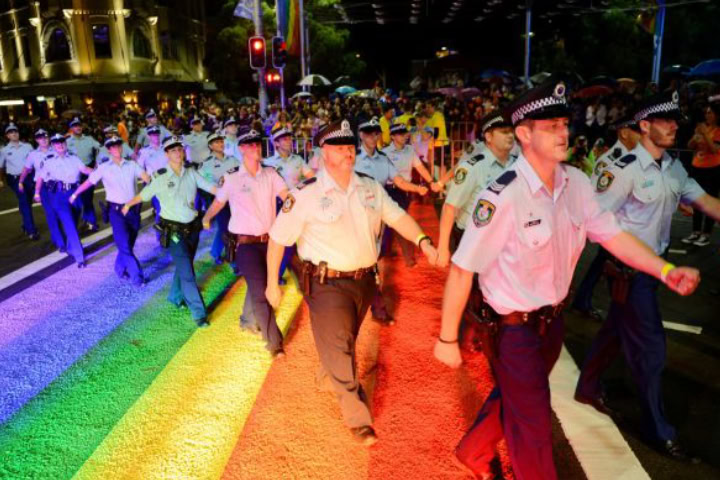
On October 21, 2020 an open letter was published calling for the removal of police and corrective services from any future Mardi Gras Parades and WorldPride 2023. The letter is penned by activist group Pride In Protest and a number of LGBTQI artists.
The letter asks that, “As Mardi Gras season approaches, we the undersigned fervently hope that our internationally celebrated pride parade will be able to proceed, but we ask that the board reconsider the participation of the police and corrective services, in solidarity with the Black Lives Matter movement.”
Pride In Protests’ open letter has been signed by a number of Australian LGBTQI artists, including the majority of participating artists in Mardi Gras’ Sissy Ball, Tom Ballard, Montaigne, Brendan Maclean, Maeve Marsden and Bhenji Ra, amongst others.
Alex Bouchet, a candidate for Pride In Protest at this years’ Mardi Gras board elections told Star Observer that the idea for this open letter came about after “we started getting quite a lot of feedback from Indigenous people and Indigenous groups as to steps we could be taking” and that it was important to “listen to those voices and try and do something.”
In recent years, there have been a number of similar calls to ban police attendance at Pride events internationally.
In 2018, The Auckland Pride Board made the decision to ban police in uniform from attending the 2019 parade. Similarly, Pride Toronto banned police floats and stalls from all parades in 2017, although have since stated that police would be allowed at parades in 2019 if they were to make an application and obey by entry rules for the parade. Police officers have also been barred from marching in uniform in a number of states in the US including Minneapolis, Wisconsin and Durham County in North Carolina.
After the decision was made to ban police from marching in uniform at the Auckland Pride Parade and for the Auckland Pride Parade to become a march instead, organisations like Auckland Tourism, Events & Economic Development (ATEED) and The Rainbow New Zealand Charitable Trust pulled funding for the event.
A year after these decisions were made, Auckland Pride director Max Tweedie reportedly stated that “We’re happy with how the march went and don’t plan to bring back the parade.”
In a statement to Star Observer, CEO of Sydney Gay and Lesbian Mardi Gras Albert Kruger stated that “At the last two Mardi Gras AGMs the members voted to not ban the police from the parade, acknowledging that their active involvement in the march is a sign of reconciliation and progress, and for that reason Mardi Gras will continue to welcome their involvement.”
The letter is currently open to be signed by any member of the public until November 5, 2020, when it will be officially submitted to the Mardi Gras Board for response.

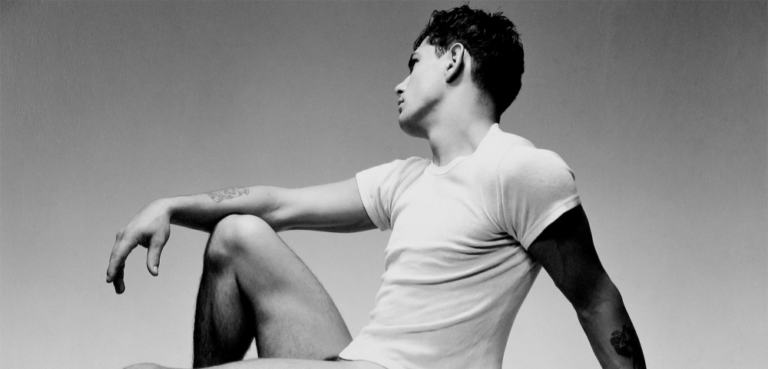
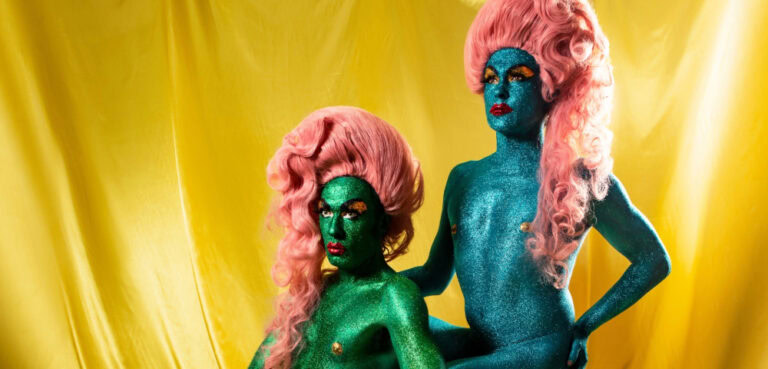
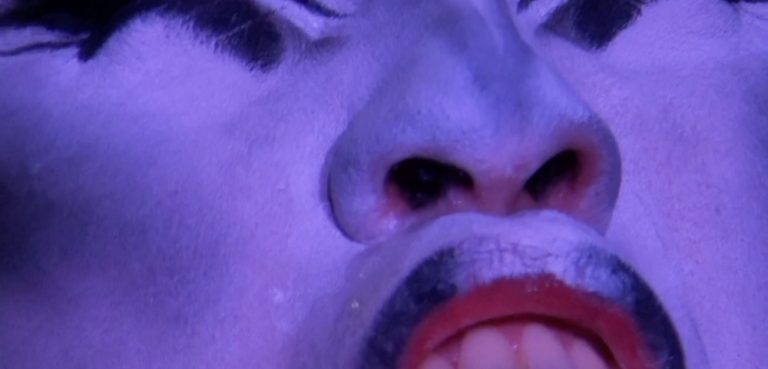

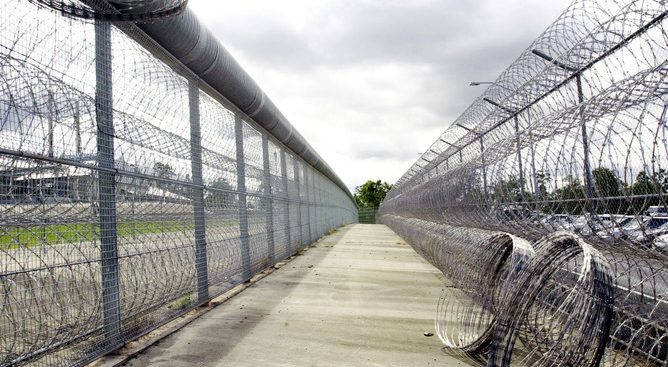

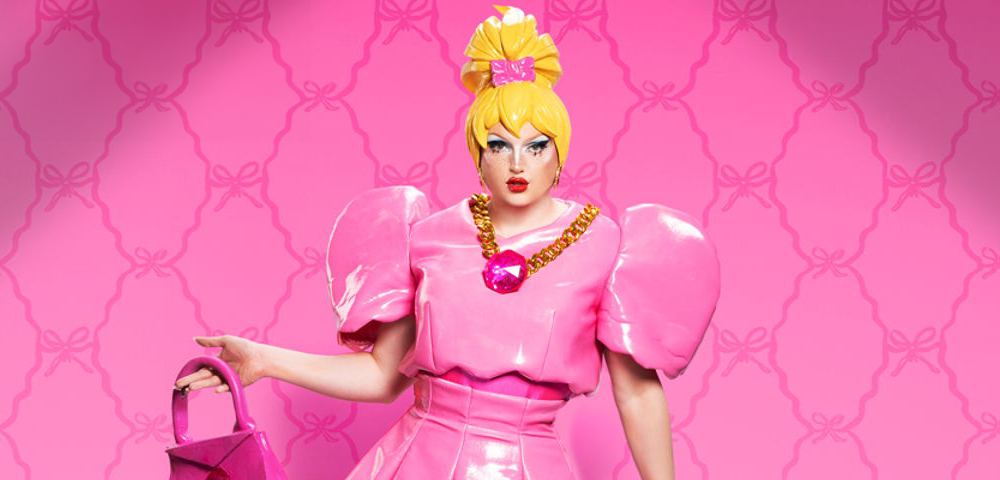
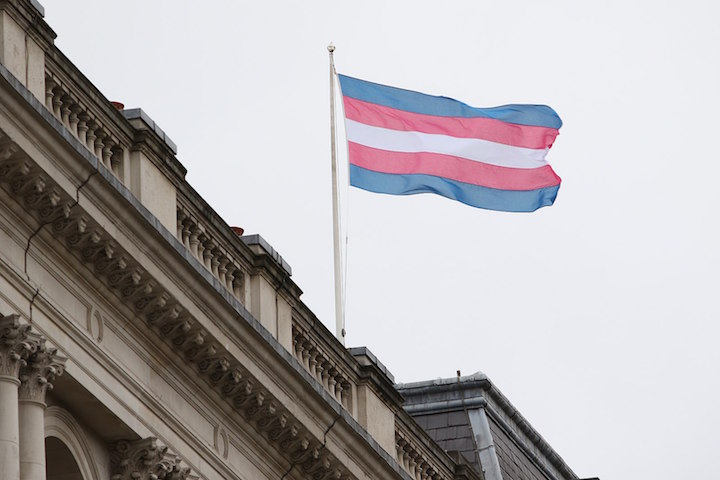
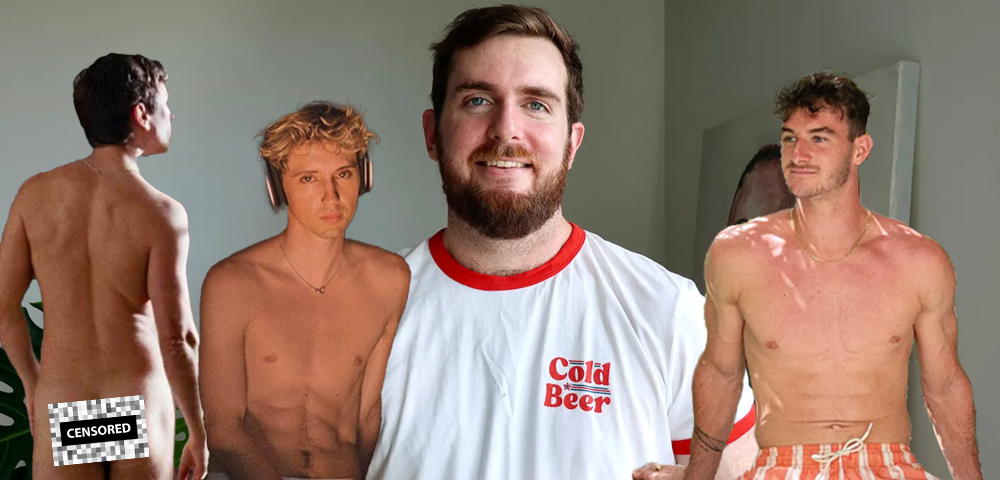
Signed.
Mardi Gras is about inclusion not exclusion. If we want inclusion in society we must do the same
We are activists who do not support the call to ban Police and Corrective Service Offices from the Sydney Gay & Lesbian Mardi Gras (SGLMG) Parade. These are our reasons:
1. Front line police and corrective services personnel do not make policy – politicians and senior executive do.
2. Front line police and corrective services personnel do not create the organisational culture – politicians and senior executive do.
3. It took nearly 20 years to build a relationship with the NSW Police whereby communities can work together with the police to deliver a safe parade environment (our brother John Marsden was a strong mover and advocate for that cooperative working relationship). The first time the police marched was in 1998 – the 20th anniversary and they have been marching ever since.
5. For the most part that first contingent was made up of officers from the then recently establish Gay & Lesbian Officer Liaison group and their friends (the term ‘ally’ had not been coined in this context at the time).
6. You don’t fight a major battle by compromising other wins – you build on those wins.
We are GLBTIQ+ activists but our activism goes way beyond that. We have been to the BLM rallies this year and will continue to stand up for justice, and for the rights and freedoms of Australia’s First Nations People, the poor, the homeless, other oppressed groups, climate change and the environment. Each issue is unique and requires unique approaches and responses.
…..and when the red-necks, the bigots, the findamentalist Christians and others who Hate, for Hate they do, decide to attack the parade who will it be who will be called upon to come to our recue? The Police. For years the NSW Police have been supportive of Mardi Gras and YES there have been instances of appalling behaviour by some police BUT Not All when prople – and NOT just the descendants of the First Immigrants – have been ill-treated but isn’t it time we put aside our “I’m a Victim” attitude. Strange isn’t it? All we ever hear about are the numbers of Descendants of the First Immigrants who have died in custody but there is never, ever any mention of any others who have. A Conspiravy of Silence? All Lives matter.
So not the way to go IMO.
Why alienate the Police ?
What a stupid idea, of course we need police at Mardi Gras, look how many straight people are drunk every year and cause trouble.
“Australian police would not be blackbanned from every slaughterhouse over treating the livestock in the same manner American law enforcement has been fooling around live on news cameras this year!”
So to be consistent Mardi Gras should be under the same rules that apply to all large public gatherings. IE a ban on events
Good luck with the ginger group’s next push to get rid of liaison officers.
Maybe we should be pushing for repeal of legalisation.
The cops aggressively and pettily disrupted the Protect Trans Kids Rally the other week. MG should have nothing to do with them.
We have for many years argued that outlawing or banning never resolves any issue, engaging & compromise can. Instead of banning why not compromise in that no uniforms are worn by any group. Instead participants wear street casual attire or float costumes with sections announced by banner.